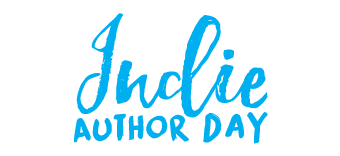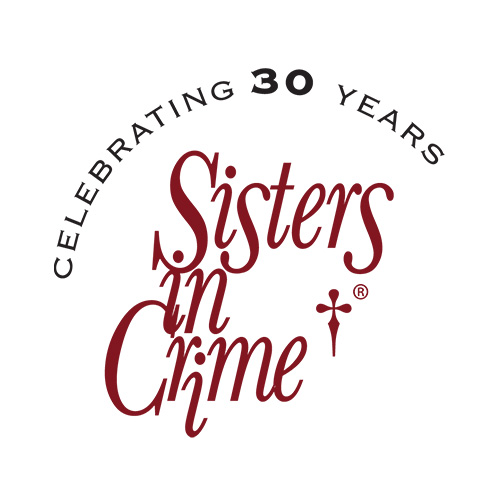Guest Post: IngramSpark
Get Your Book Into Libraries
One of the most frequent questions authors ask at writing conferences is, “How do I get my book into libraries?” It is a sometimes elusive market for indie authors to reach with their title(s), and that’s one reason Indie Author Day is such an incredible opportunity for indie authors and one reason we encourage participation.
We asked our fellow Ingram colleague Joyce Skokut, Director of Library Collection Development for some insight and advice that we could share with indie authors on how best to get their books onto library shelves, and this is what she told us.
Library Organization and Purchasing Decisions
America’s over 123,000 libraries fall into four basic types: Public, School, Academic, and Special (armed forces, government, corporate). Like most bookstores, libraries purchase content from book vendors like Ingram rather than directly from publishers. It’s much easier for them to get all their thousands of book orders from one location than it is for them to try to place orders from one thousand individuals. So right off the bat, if your book isn’t in a library vendor catalog, you are behind the curve ball.
Book vendors work with libraries to create profiles that fit what type of content the library wants in its collection. Even though the stigma around self-publishing is improving in the library world, it can still be a challenge today to bring your indie title to a librarian’s attention, which is why the below are so important.
Importance of Reviews
For both public and academic libraries, decisions to purchase are typically based on professional reviews that librarians recognize and value. So getting a positive review in a publication that both vendors and libraries recognize is really critical to getting your book purchased by libraries. Below is a list of the top library review media and their audience, as well as a link to their sites so you can see their submission guidelines if you’d like to in submitting your forthcoming book for review. Keep in mind that many of these publications require submission prior to publication.
• Booklist: Adult and Youth
• Library Journal: Adult
• Library Journal Self-e program: Adult and Youth self-published eBooks
• Publishers Weekly and PW Children’s: Adult and Youth
• School Library Journal: Youth titles
• Voice of Youth Advocates (VOYA): Young Adult
• Choice Magazine: Academic
• Bulletin of the Center for Children’s Books: Youth
• Horn Book: Youth
• Kirkus Reviews: Adult and Youth
Libraries Require Good Book Metadata
Just as IngramSpark has been pounding the drum in its webinars, social media and blog on good book metadata, Joyce said that librarians are just as demanding. Here are the metadata must-haves for your book to even be considered for purchase by a library:
• Good cover image
• Accurate BISAC or subject codes – three is better than one
• Complete description that is well written
• Accurate age range (intended audience based on comprehension level)
• Regional information – is the book about xx place or is the author from xx place?
• Author affiliations are particularly important in the academic world—if a professor at University XX writes a book, chances are high for course adoption or at least that the library will purchase a few copies. Many library profiles feature an inclusion list of affiliated authors which is generally a mixture of authors who are current or past faculty members, or who write about a certain place.
What Librarians Need from You
1. A book that appeals to their patrons – The higher the checkout rate at a local library, the more successful the library is rated, meaning they need books that will keep traffic flowing into their libraries. The better you understand theirs and their community’s needs, the more likely they will be to carry your book.
2. Ways you can help – Consider ways you can help libraries help their communities. If you (as an author) can be of help to their patrons, you should offer! Write an article for their newsletter, offer a workshop, host a club or event.
3. Ways to make their lives easier – If you can provide librarians an easy and efficient way to order your books for their library, you’re already ahead. If you’re an indie author who has published with IngramSpark, you can tell your library that your book is available for order via Ingram. Just like that, you’ll have already removed one possible reason they may have said no to carrying it and you’ve aligned yourself with one of the most well-respected distributors in the publishing industry. Professional indie authors are aware that they need professional distribution in order to reach markets that may be otherwise beyond their reach.
Building Your Relationship
Like bookstores, many libraries offer writing and publishing workshops to their local community. If your local library offers such a program, this would be a great opportunity for you to take part and learn what librarians know about publishing. Consider volunteering to increase your involvement with your local library, especially for Indie Author Day.
IngramSpark® is an award-winning independent publishing platform that offers the same fully integrated print and digital products and global distribution services enjoyed by big-time publishers to the indie-publishing community. Once you finish and format your book, IngramSpark makes it possible to share it with the world.



Leave a Reply
Want to join the discussion?Feel free to contribute!